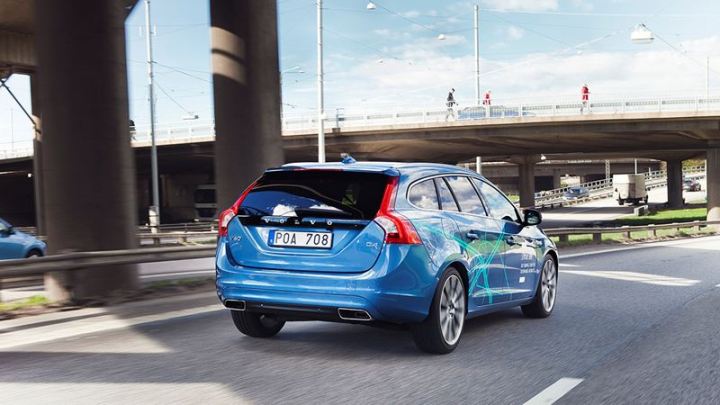
The engineer’s point was that driverless cars won’t have to make those decisions because they will foresee problems and either avoid them or just shut down.
In addressing the issue, Volvo senior technical leader of crash avoidance Trent Victor said, “It will be programmed to avoid getting into risky situations, to proactively stay within a zone where conflicts are resolvable, for example by changing lanes or slowing down.” If avoidance is impossible, if a situation presents itself where there is no safe choice to escape being harmed or doing harm, the cars would default to slowing down in a straight line.
The type of ethical question often posed is, when a vehicle is traveling too fast to stop, which choice would it make between hitting one person or swerving and going into a crowd? This is a variation of the classic Trolley Problem, an ethical thought experiment. In this problem, a runaway trolley is heading down a track heading toward five people tied up on the track. You control the track and with the flip of a switch can redirect the trolley to another spur. However, when you look there’s one person on that track. Flip the switch, that person dies. Do nothing, and five people die. Which do you choose?
Often when the Trolley Problem is presented most people would flip the switch. Often the question is asked again with a sentimental bias. For example, what if the one person was a healthy baby and the five were critically ill senior citizens?
According to Victor, all of the companies working on driverless cars — he specifically mentioned Volvo, BMW, Google, and Ford — are working with this same solution orientation. In the case of the Trolley Problem, however, regardless of who, what, or how many were on the track ahead, the best that could happen would be that the trolley could somehow slow down on its original track.
And the key to avoidance, Victor said, is looking ahead. It’s not enough to just be aware of the vehicle directly ahead, but vehicles in all directions and much farther ahead. With knowledge of a problem far up the road, autonomous cars would have more time to avoid it. And in order to look farther ahead, car-to-car communication is the most likely mechanism, unless the roadways were all wired and could connect to vehicles.



